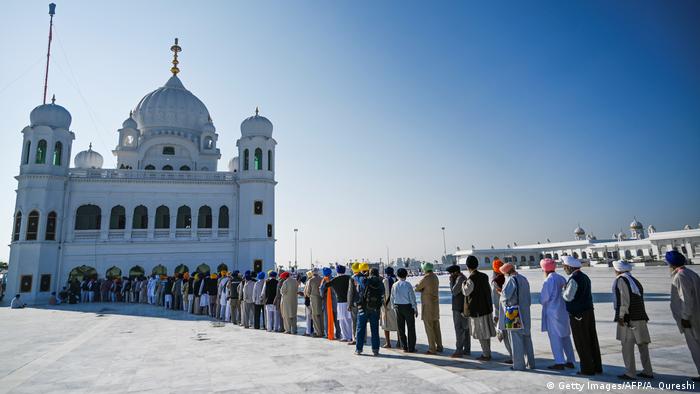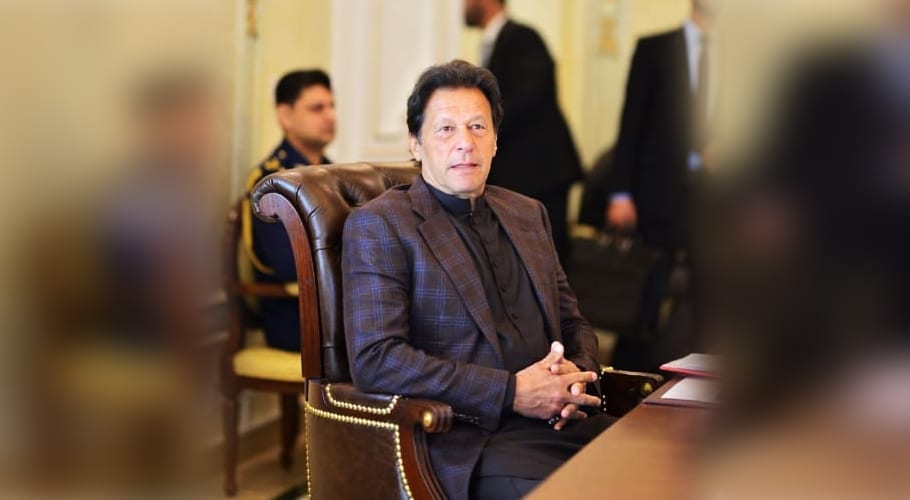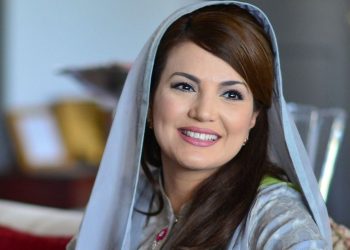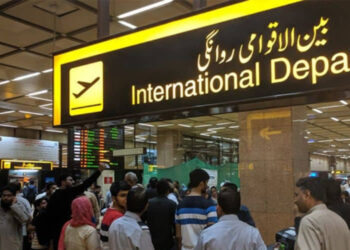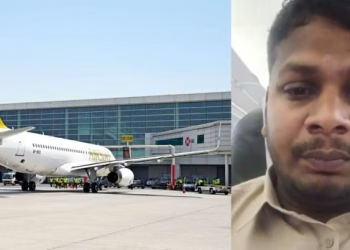ISLAMABAD: Let us tell you what successes the Pakistan Tehreek -e-Insaf government have achieved during the one-and-a-half-year rule in the country.
Economic Development:

The PTI government took control in 2018 when Pakistan’s imports and exports were both on the rise.
It will be interesting to see how the PTI government will manage trade over the next four years.
PM Khan promised change and change he has delivered, repeatedly, in the last few months, he has changed his finance minister, the governor of the State Bank and the head of the Federal Bureau of Revenue.
But will the changes at the top have a trickledown effect at the bottom? Only time will tell.
The PTI coalition government had presented its first full-year budget 2019-20 in parliament.
The last year’s budget was prepared by the previous government and subsequently subjected to minor changes proposed by the current government when it assumed power.
Now Indications are that, in general, the performance is below the planned target. The fiscal deficit is likely to be above 7% of GDP which is mainly contributed by the shortfall in tax revenues, rise in debt servicing and defence-related expenditures.
GDP growth is likely to be way less than 5.2% recorded in the previous year. The main area of concern, however, relates to the external economy and rising prices.
The inflation rate in 2018 was 3.9% and in 2019 it is leaping towards double figures i.e., 9.4% projected to remain high in 2019-20.
Let’s see what PTI has achieved so far:
Trade Deficit:
There is a massive 35% reduction in Pakistan’s trade deficit for first quarter 2019-20.
From July-Sep 2019, the trade deficit dropped to USD 5.73 billion from USD 8.79 billion in the corresponding period from last year.
Exports:
Exports volumes are on the rise; however, they need a price push as unit price declined. In FY 2019-20, Pakistan’s total export quantity increased by 12%.
The textile industry witnessed 26% growth in volumetric terms because of getting regionally competitive energy tariffs.
Tax Collection:
Significant improvement in FBR tax collections with double-digit growth for first quarter FY 2019-20 (14.8% increase recorded vs the corresponding period last year).
September’s tax revenue collection shows 17.6% growth as compared to the same month previous year.
The number of income tax returns has also increased by 14% in Q1 2019-20 as compared to the corresponding period last year.
Circular Debt:
Circular debt per month declined by 32% in FY 2018-19 as compared to FY 2017-18.
It has further decreased by 54% in FY 2019-20 as compared to the previous year.
Foreign Investments:
The country has received a net foreign investment of around USD 328 million in debt instruments (primarily T-Bills) for July-Sep 2019, making it the highest ever foreign portfolio investment.
SBP profits are expected to be more than PKR 400 billion in FY 2019-20 (significant increase as compared to previous years).
USD 2 billion foreign investment in debt instruments is expected by the end of the current fiscal year.
Ehsaas programme:
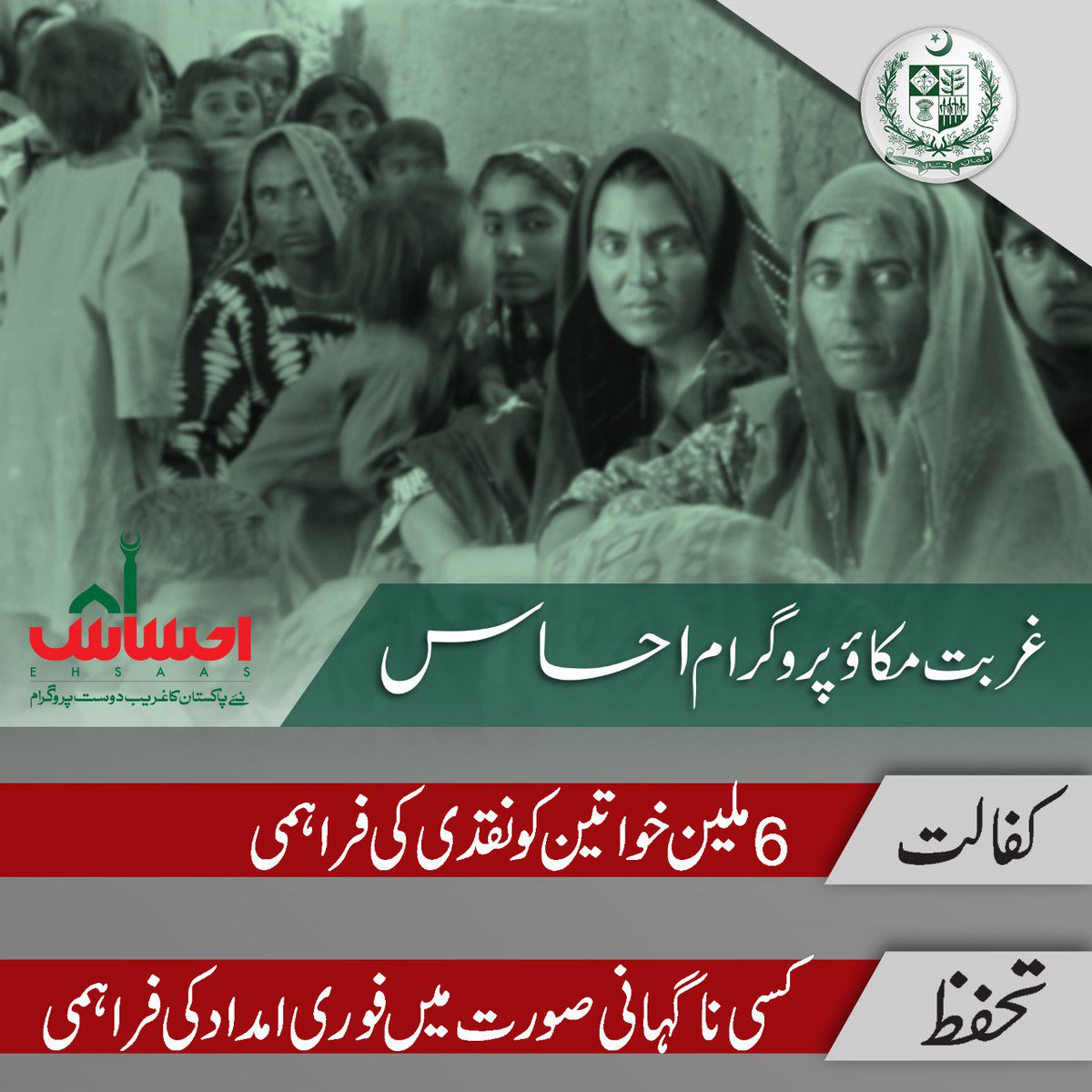
PTI government has launched the ‘Ehsaas programme’ for the alleviation of poverty from the country which is the biggest programme for the downtrodden of society ever launched in Pakistan.
The Ehsaas programme will also launch initiatives to assist widows and those who lost their livelihoods and homes due to any accident or disaster.
Govt will ensure the welfare of each and every citizen of Pakistan.
Ehsaas programme will improve and strengthen technical training institutions.
Age requirements for admissions will be amended so that our youth can learn professional skills at an early age and start contributing to the economy and improve the standard of living of their families.
Naya Pakistan Housing Scheme:
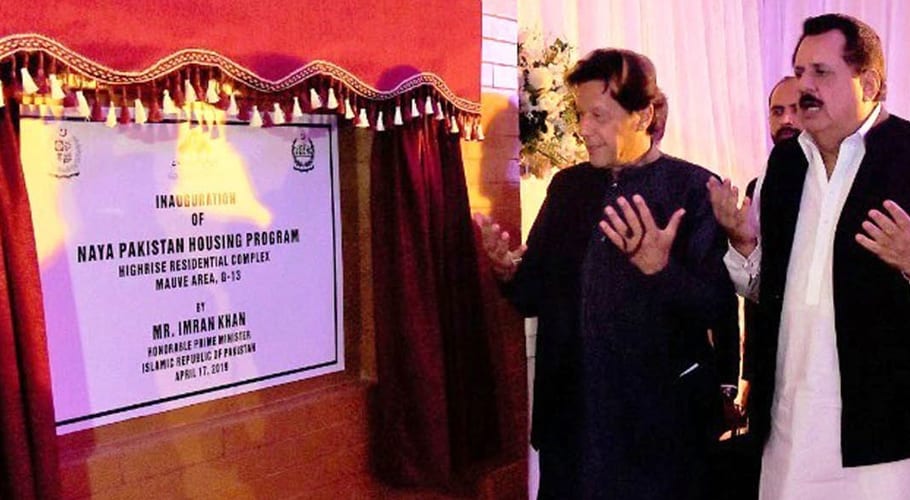
PTI government has also launched the Naya Pakistan Housing Scheme on July 15, 2019.
This project of Pakistan government to provide 5 million houses to the homeless people of the country.
Under this scheme, homes will be provided to poor Pakistanis on easy instalments.
Model Langar Khana:
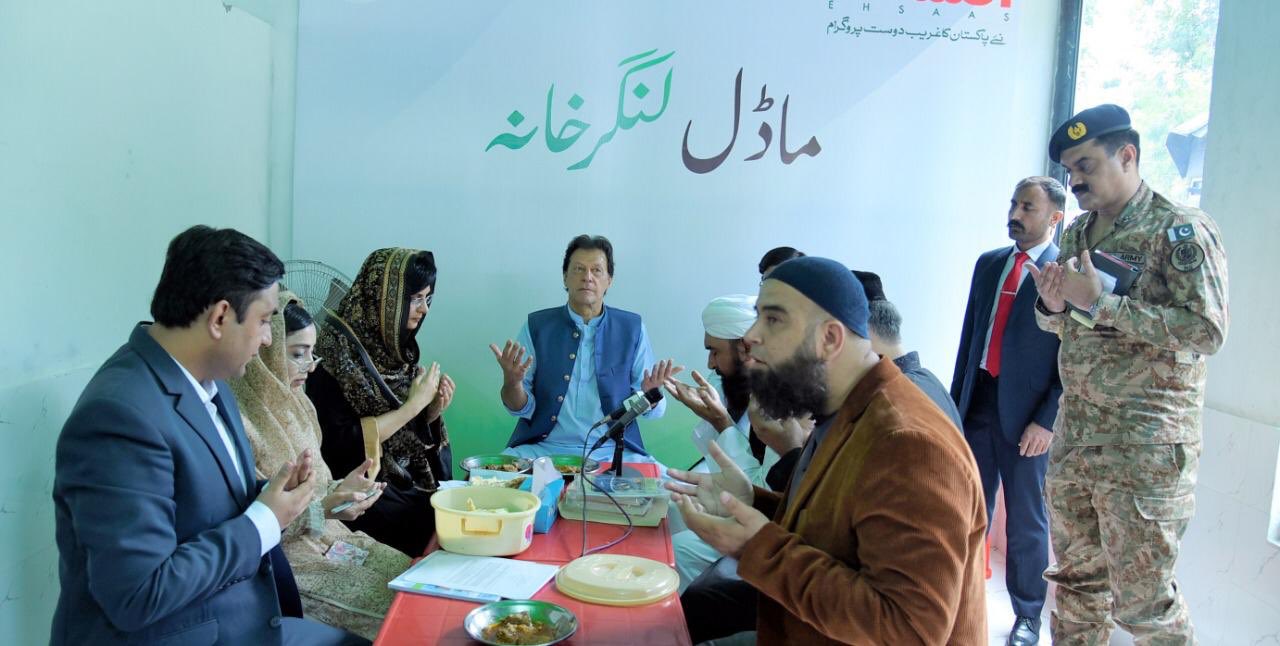
The PTI Government inaugurated the Model Langar Khana in Islamabad on 07, October 2019, one of the projects of the government’s Model Programme that aims to combat hunger throughout the country.
Shelter home Programme:

PTI Government introduced shelter home programme near the railway station in Lahore on 10, November 2018.
Those shelter home will provide a roof to 93 men and 27 women.
The government had also said that more shelter homes will be built in different areas, including Data Darbar, Badami Bagh and Thokar Niaz Baig.
Billion Tree Programme:

The PTI Government had launched Billion Tree Tsunami programme in the province Khyber Pakhtunkhwa (KPK) in 2014, Pakistan, as a response to the challenge of global warming.
Pakistan’s Billion Tree Tsunami restores 350,000 hectares of forests and degraded land to surpass its Billion tree Challenge commitment.
After winning General Election 2018, PTI Government had again restored the Billion Tree programme.
The Government had said that it will expand and restore the fractured forests of Pakistan through a ’10 Billion Tree Tsunami’ spread over 5 years under principles of true forest valuation, community.
Clean Green Pakistan Index:

The PTI Government under the leadership of Prime Minister Imran Khan had launched “Clean Green Pakistan Index” (CGPI) in the country on 25, November 2019, as part of his government’s efforts to curb pollution and reduce the effects of climate change.
In the initial phase of the CGPI, 19 cities, including Lahore, Gujranwala, Rawalpindi, Faisalabad, Sargodha, Sahiwal, Multan, Dera Ghazi Khan, Okara and Bahawalpur, have been selected to compete on certain issues of public interest.
Foreign Policy:

When Prime Minister Imran Khan assumed office a year ago, in August 2018, Pakistan-United States relations were at a low point following the Trump administration.
Freezing aid over Pakistan’s “failure” to take decisive action against the Afghan Taliban and the Haqqani Network.
The Modi government had been working to isolate Pakistan internationally, and relations with Kabul had devolved into each country accusing the other of failing to address crossborder militancy.
There was also uncertainty over the future of Sino-Pakistan relations due to the ruling Pakistan Tehreek-e-Insaf (PTI)’criticism of corruption in the China-Pakistan Economic Corridor (CPEC) projects.
But the PTI government has now done well to strengthen ties with historic allies including China, Turkey, Russia, and Gulf countries.
It has begun rebuilding trust with the United States through cooperation in Afghanistan.
In the coming year, Khan will likely pursue these foreign policy goals in exchange for Pakistan’s support for the U.S.

Meanwhile Relations with India, however, remain a challenge for Pakistan’s foreign policy, particularly given recent setbacks after New Delhi revoked Jammu & Kashmir’s special status.
Kartarpur Corridor:
